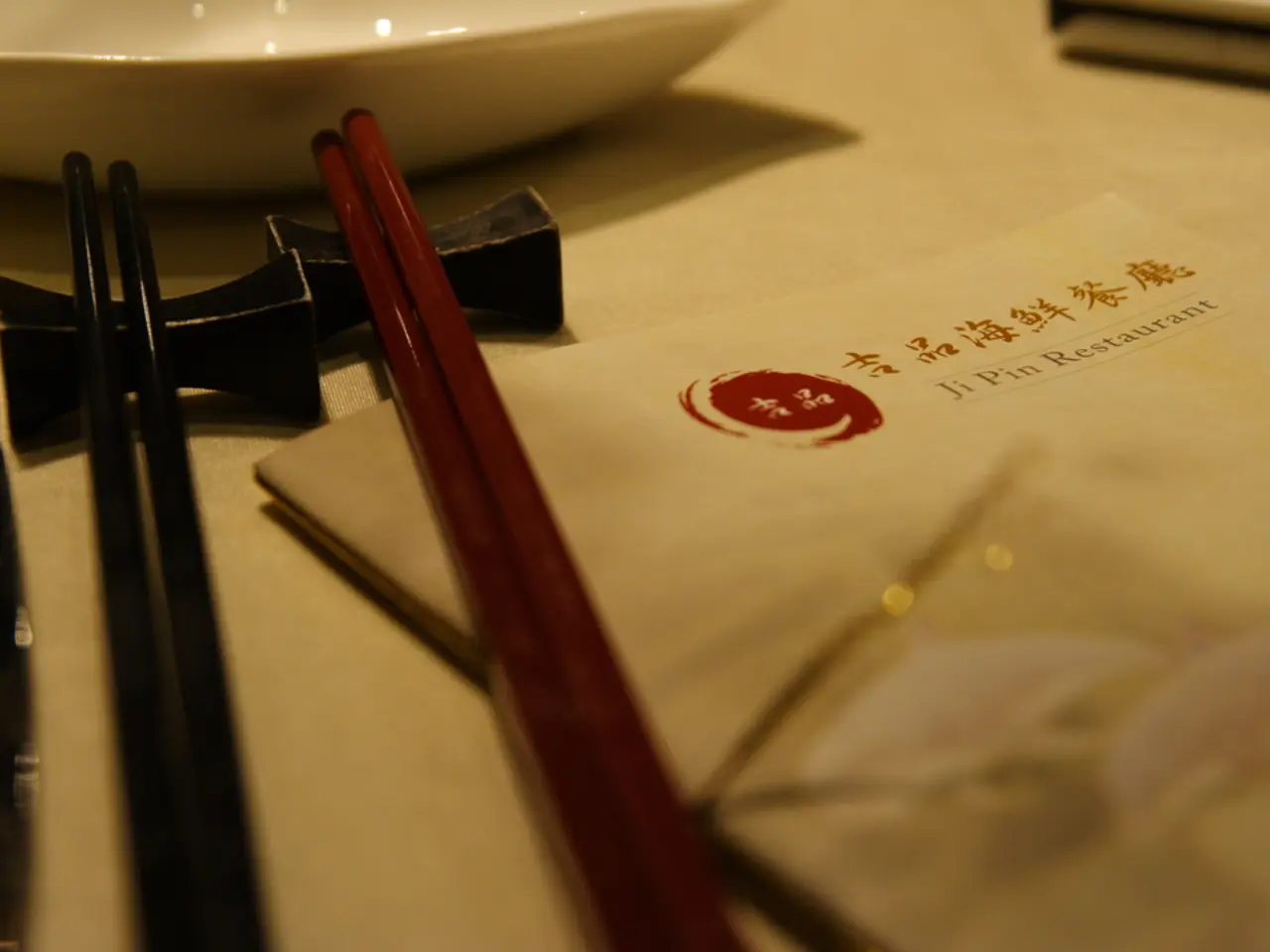Increasing Costs Lead to Food Insecurity for a Growing Number of Children in Japan
In June 2025, Save the Children Japan conducted a survey of 7,856 low-income households with children who had received support. The report, titled "Report on food and children in low-income households" (Japanese), sheds light on the growing issue of food insecurity and its impact on diet quality among low-income families in Japan.
The survey found that rising food insecurity has led to greater dependence on school lunches, which are considered a vital nutritional source for children. When school lunch is not available (e.g., during vacation), 54.5% of households reported lunch portions as 'not quite sufficient' or 'not sufficient,' an increase of 8.8 percentage points from the previous year. Conversely, when school lunch is provided, only 7.7% reported insufficient lunch portions. The overall sufficiency of lunches dropped from 51.1% to 38.8%, highlighting concerns about declining meal quality and quantity. Breakfast and dinner sufficiency also declined by approximately 11 percentage points each.
The survey results showed that 88.9% of respondents said that their children's meals and overall food situation were impacted by rising food prices. In response, nearly 70% of respondents chose "subsidies for lunch and distribution of food items during school vacation" and "reduction of consumption tax on foods and daily necessities" as desired forms of support. Over 70% of respondents also selected "regular food provision, food banks, and community meal programs for children" as the type of support they would like to receive.
The decline in protein intake among children is significant, with 65.4% of respondents reporting less frequent or somewhat less frequent consumption of fish or meat outside school meals. Reduced purchases of snacks, fruit and vegetables, meat and fish, and staple foods such as rice followed eating out as the next most common impact.
Only 27.3% of respondents reported their children consume fish or meat "almost every day." The survey asked about meal sufficiency at breakfast, lunch, and dinner. For breakfast and dinner, the percentage of households reporting sufficient meal quantities also decreased by 11.6 points and 11.8 points, respectively. 76.2% of respondents said they eat rice less frequently due to its price increase.
The report by Save the Children Japan represents the most authoritative source currently available that highlights the issue of increased reliance on school lunches and the associated challenges in diet quality among low-income families in Japan in 2025. For additional data and detailed policy analysis, one may consider Save the Children Japan official reports or press releases related to their 2025 survey and food insecurity studies, government or Ministry of Health, Labour and Welfare publications on school lunch programs and nutrition monitoring, academic articles or social policy databases tracking malnutrition, food insecurity, and school meal programs in Japan, and international organizations’ reports (e.g., UNICEF, FAO) that monitor child nutrition and food security in developed countries including Japan.
Read also:
- Overweight women undergoing IVF have a 47% higher chance of conceiving naturally post-weight loss
- What temperatures may make walking your canine companion uncomfortable?
- Alcohol consumption and the connection to esophageal cancer: An exploration of links and potential hazards
- Eye treatments for Drusen: Insights and expansions






